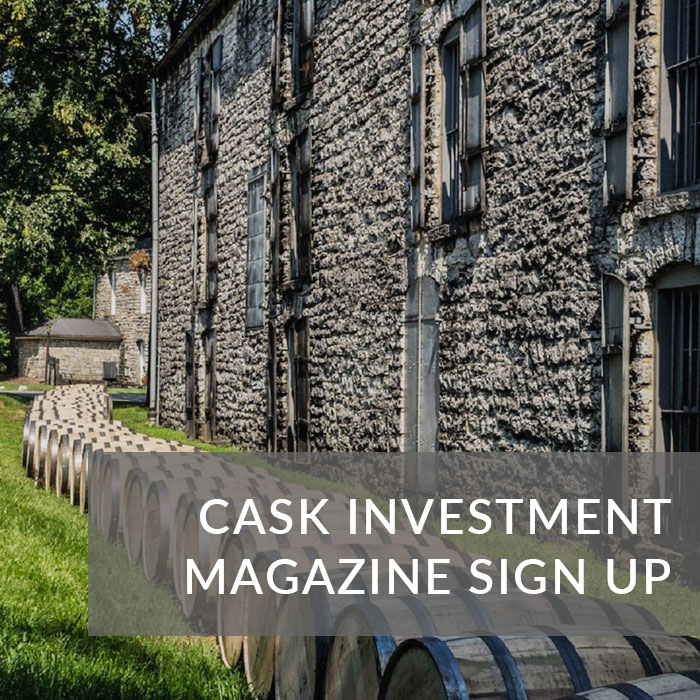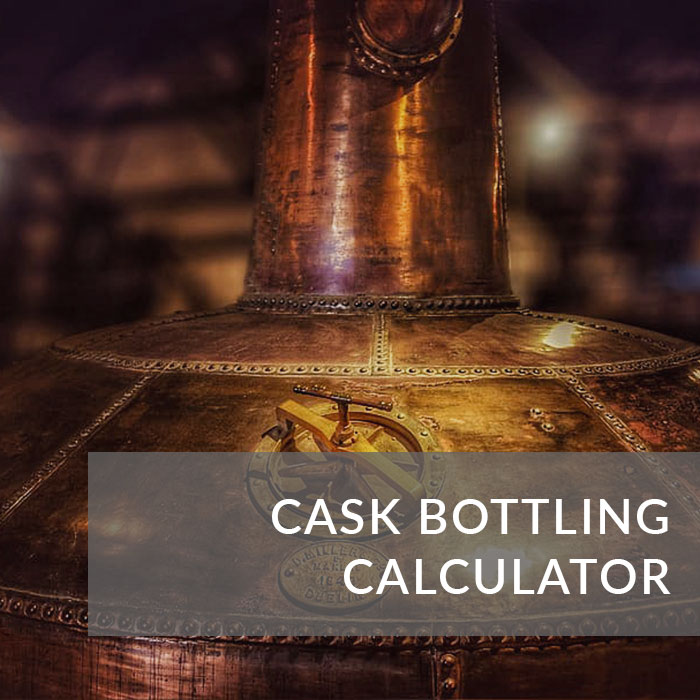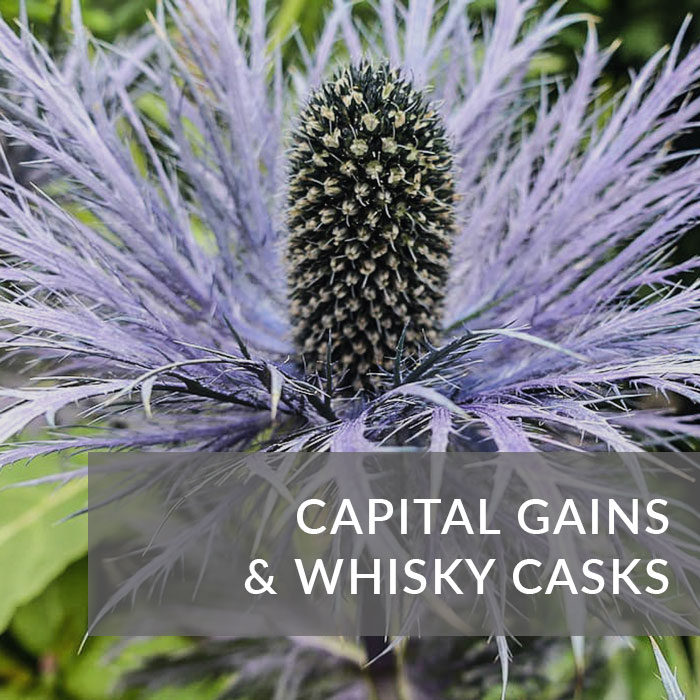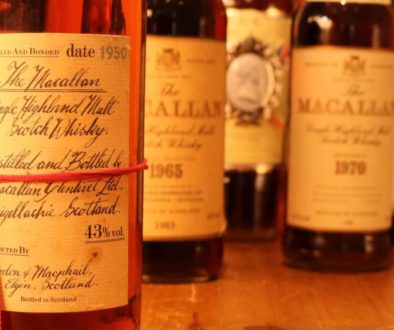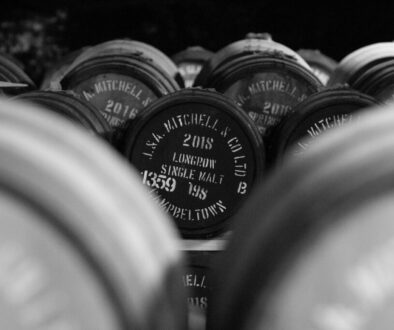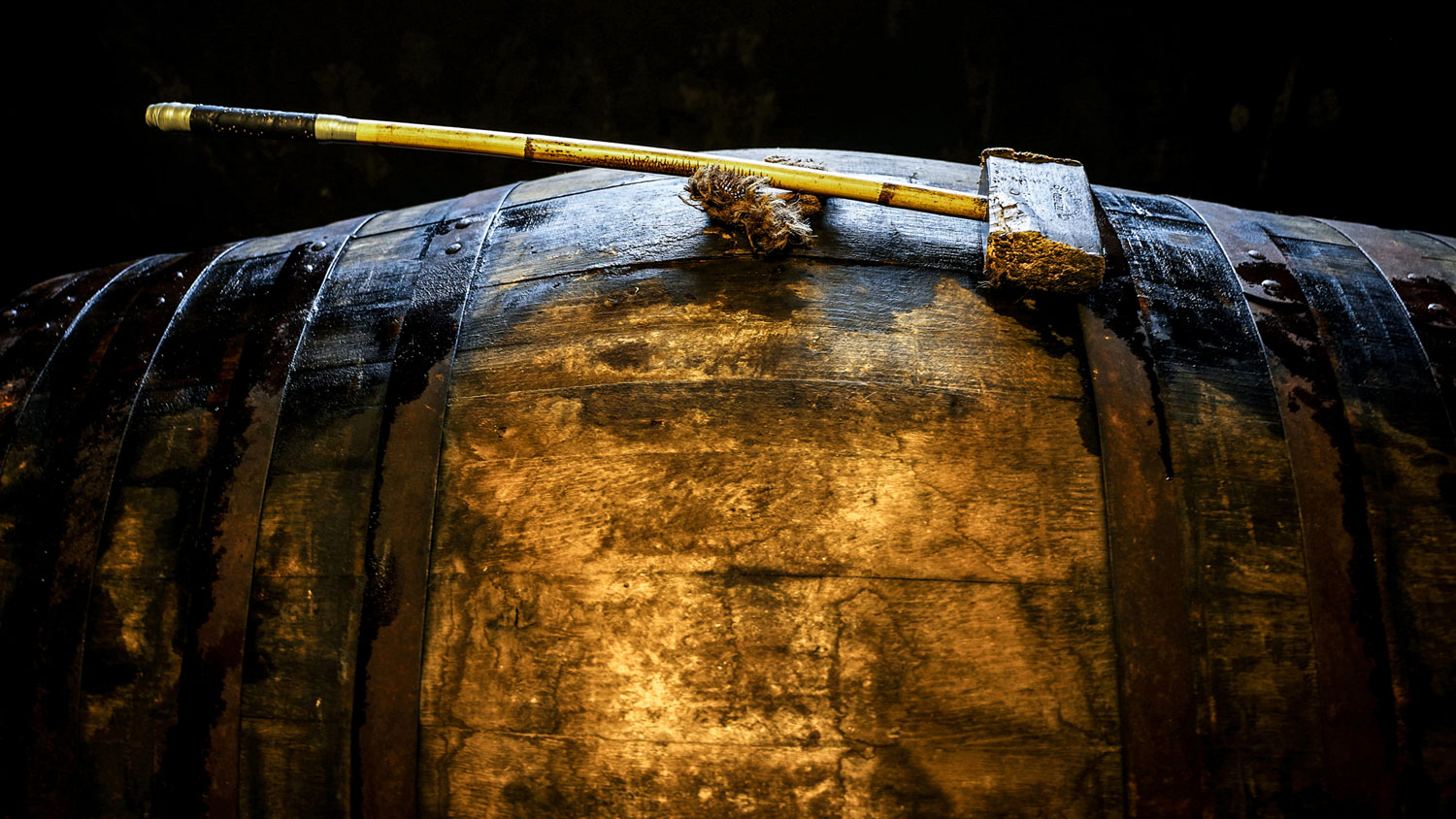
The importance of managing your cask’s health
When you have purchased your cask it will lie in a bonded warehouse to mature until such a time when you come to sell your cask. However, you cannot just leave your cask there without checking on it. You must perform regular health checks on your cask to make sure that it is maturing properly.
What is the angel’s share?
When whisky is maturing in a cask some of the liquid will evaporate. This is because the cask is porous. However, in Scotland the alcohol in the cask evaporates more easily than the water in the cask. This means that the ABV (alcohol by volume) of your cask drops as well as the liquid volume. This evaporation of liquid and alcohol is called the angel’s share.
Evaporation is important because it makes your cask a wasting asset, meaning that it does not have a predictable life over 50 years, making casks exempt from capital gains tax.
The temptation for many cask owners is to wait until the cask has reached an anniversary year to sell it, i.e. 10 or 18 years. However, these anniversary years are completely arbitrary, and will not command a premium when selling your cask. A high ABV, however, does command a premium. Therefore, monitoring your cask’s health and ABV can help you to decide when you sell your cask.
Another important aspect to note is that according to the Scotch Whisky Association, whisky must be at 40% ABV to be legally classified as whisky. If the ABV of your cask drops below 40%, the cask is essentially worthless. And so, neglecting your cask’s health is the worst thing you can do. You want to make sure you have some whisky to sell at the end.
So, how can you measure the health of your cask? The industry standard practice is something called a regauge. This measures the bulk litres and ABV of your cask, so that you know how much liquid you have, and how much of that is alcohol. Keeping an eye on the health of your cask is essential to having a profitable experience, so always make sure that you are conducting regular regauges on your cask.
We are always happy to answer questions about casks, so if you have a question about a cask you own or are looking to buy please feel free to get in touch.


